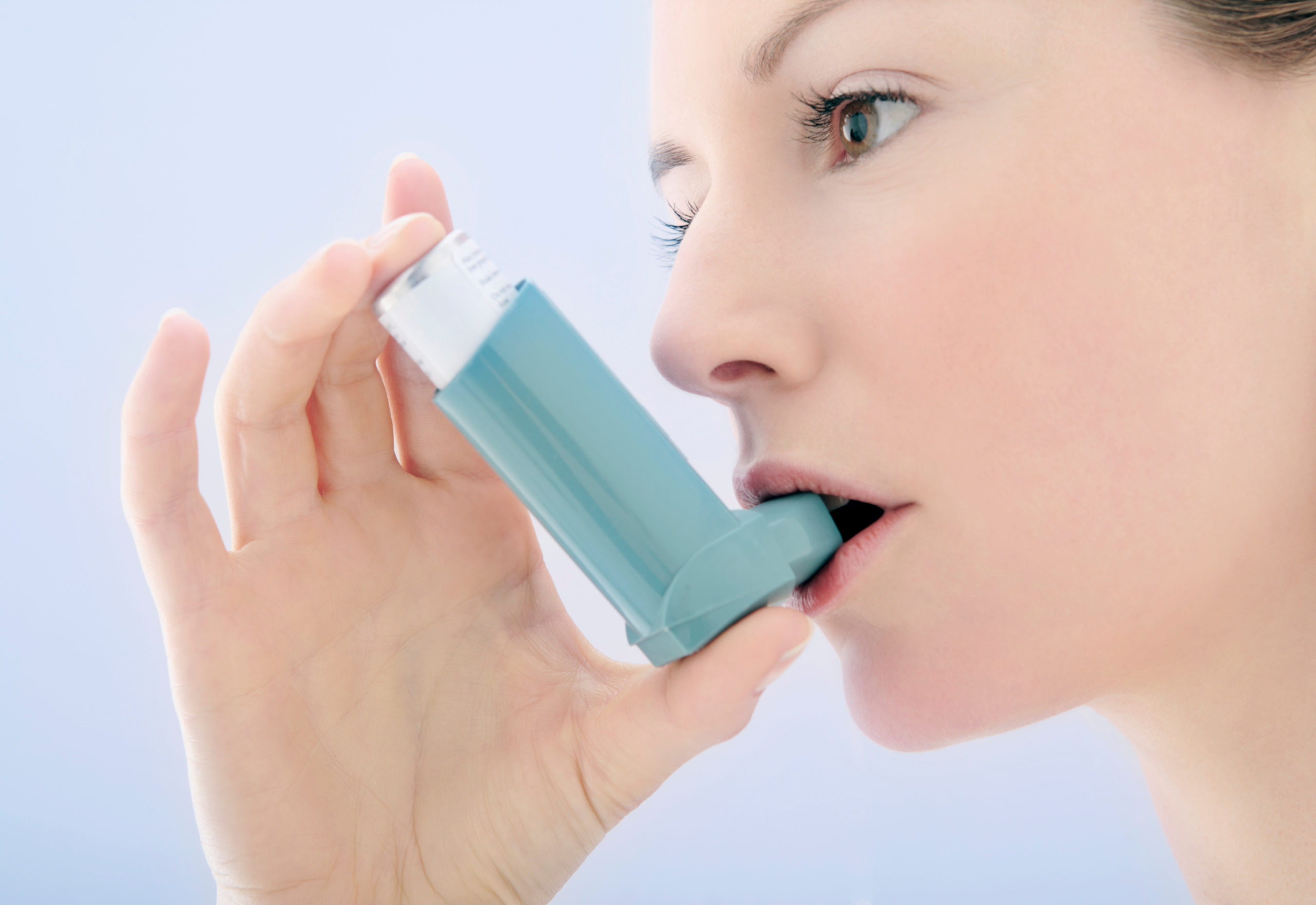Jill Overmyer
For many asthma sufferers, over-the-counter inhalers have literally been a lifesaver. But when the clock strikes midnight on Dec. 31, 2011, OTC inhalers will no longer be available for purchase by the public.
The elimination of OTC inhalers stems from the government’s phase-out of products that use chlorofluorocarbons (CFCs), which are said to be harmful to the environment. As a result of the phase-out, several over-the-counter inhalers that use CFCs already are gone from market. The last one, Primatene Mist, will be discontinued at the end of 2011.
Inhalers containing hydrofluoroalkane (HFA) will be available. However, the issue is still highly controversial because HFA inhalers are available only with a prescription.
The case against OTC inhalers
The CFCs in inhalers work as a propellant to push the medication from the inhaler to the patient’s mouth. According to environmental groups and the U.S. Food and Drug Administration, OTC inhalers containing CFCs damage the environment by depleting the ozone layer. HFAs, meanwhile, are environmentally friendly propellants that have no effect on the ozone layer.
Supporters of the ban also hope it will reduce inhaler abuse. According to a report from the Council of Scientific Affairs at the American Medical Association, roughly one-fifth of those who use OTC inhalers do not meet medical qualifications for their use. These patients have more serious cases of asthma, according to the report, meaning they should be using treatments recommended by their doctors — not relying on OTC inhalers.
The case for OTC inhalers
Many asthma sufferers who rely on OTC inhalers are upset with the ban because it could prevent those who need an inhaler in an emergency situation from getting one quickly. The elimination of OTC inhalers has cost implications as well. Consumers can easily purchase OTC medicines without incurring any extra costs. However, to get a prescription inhaler, the patient must schedule a visit with a doctor — something those without health insurance might not be able to afford.
The National Campaign to Save CFC Asthma Inhalers, meanwhile, argues that there’s too little evidence CFCs actually harm the environment. And, according to the campaign, HFA inhalers may do more harm than good. HFA inhalers often contain corn-sourced ethanol, which is said constrict the airways. The campaign also questions the validity of the testing done on HFAs.
What to do if you have asthma
Neither HFA nor CFC inhalers will be available over the counter. If you have asthma and have relied on OTC inhalers that contain CFCs, the FDA recommends seeing your doctor for advice on other medications as soon as possible. Even though they will no longer be available for purchase, CFC inhalers are safe to use through their expiration date.
